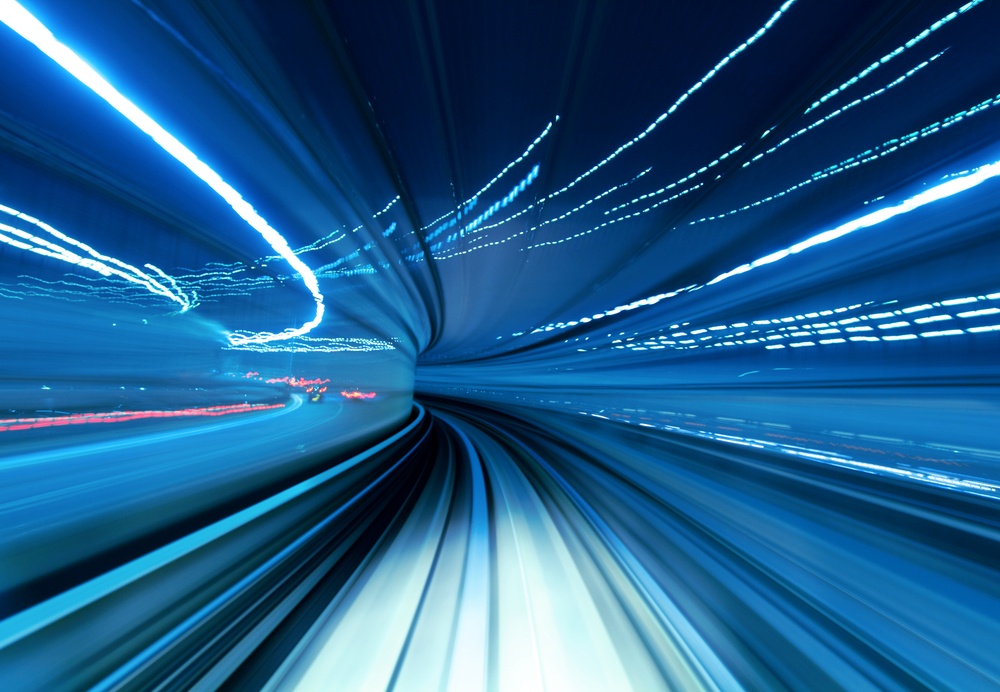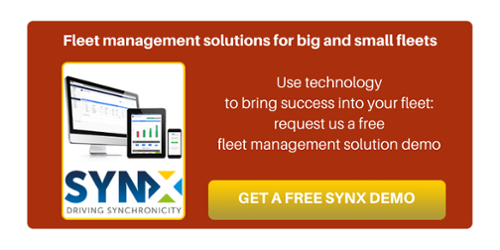
Autonomous vehicles have been a reality now since the first experiments carried out by Google nearly a decade ago and Tesla just a few years later. Self-driving vehicles have headlined many trade shows and sector events, and it looks more and more clear that self-driving vehicles are going to play a part in not only the future of our personal transportation needs but also that of the fleet sector’s.
Autonomous vehicles offer a wide range of benefits, and one of the most popular is the idea that in the future they will be able to guarantee safety and eradicate the contribution of human error in vehicle collisions and accidents (according to research carried out by the US Department of Transportation from 2005 to 2007, in around 94% of crashes, the final cause is assigned to the driver of the vehicle).
The technology is surely creating the conditions toward safer roads not only for end users, but also for fleets. Self-driving vehicles are being developed by companies such as Tesla and Otto, and autonomous trucks are an example of this. But what might actually have to change, and probably should, is the law regarding self-driving vehicles and the determination of liability in the event of a collision.
At present, a new area of law known as autonomous vehicles liability is evolving, and its duty (which looks anything but simple) would be to determine who is liable in the event of a self-driving vehicle causing damage to persons or property. Regarding autonomous vehicles, the responsibility for operating them is generally assigned to a specific technology rather than a human driver, at least theoretically; so there is probably a gap in the legal framework and the need for the existing liability laws to adapt to the new technology once it fully comes into force, though this need has already been highlighted as the technology advances.
Some of the possible legal scenarios might actually include several parties being held accountable such as vehicle components manufacturers, collision avoidance devices, vehicle manufacturers using the aforementioned and, of course, depending on the type of interaction required, the vehicle operator or the driver as we know him/her as he/she is today. Exactly as it happens in the event of a collision today, when we ask who is responsible, the answer seems to depend upon the action recorded and reported by the vehicle itself.
The different degrees of liability and autonomy will surely have an impact on the insurance industry too as the areas of blame can become blurred and might not be clearly defined by current policies.
This new mode of vehicle operation should not induce excessive anxiety about self-driving technology, but should rather prepare fleets, and anyone concerned about changing the way they work, for different compliance procedures. If compliance is not an issue at present and is taken care of as it should be in modern companies managing vehicles, only time and experience will reveal the future of autonomous vehicles liability.





